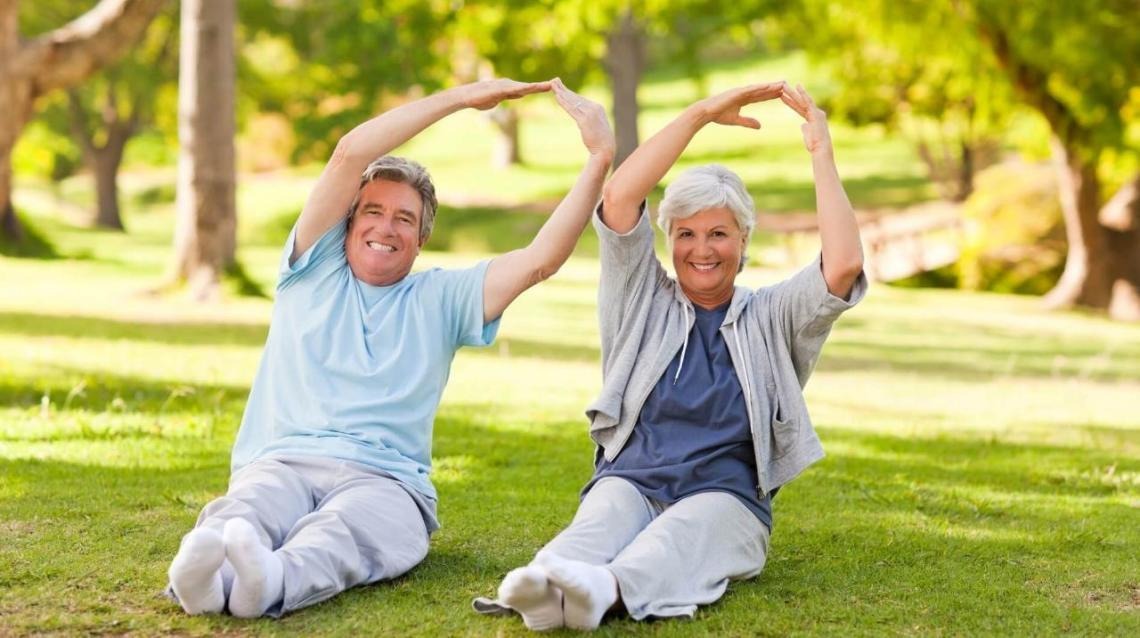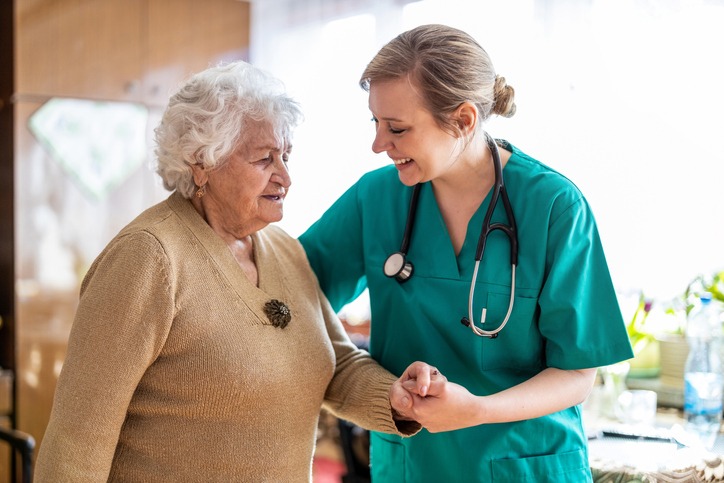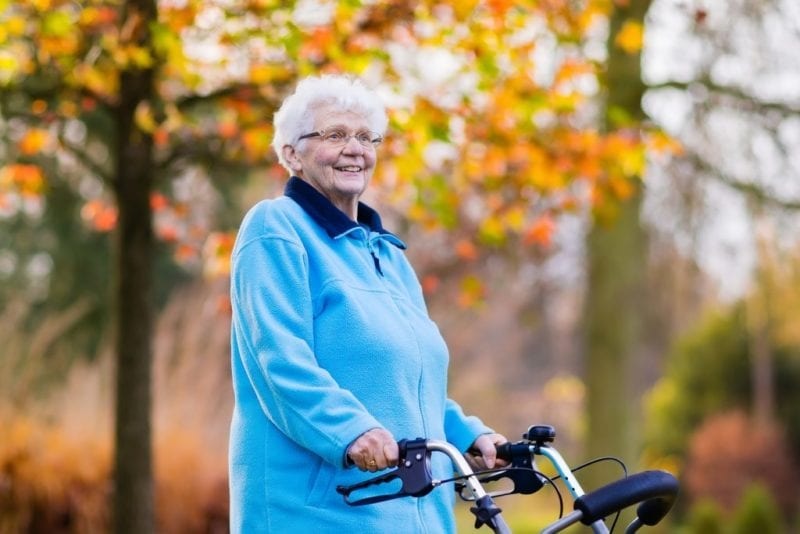Chronic knee pain can be a debilitating condition for many seniors, affecting their ability to remain active and enjoy daily activities. However, there are numerous non-invasive treatment options available to help manage this pain effectively. Here are several approaches that seniors can consider to alleviate knee discomfort:

-
Physical Therapy: A tailored physical therapy program can help strengthen the muscles surrounding the knee, improving stability and reducing pain. Licensed therapists can guide seniors through exercises specifically designed to enhance flexibility, balance, and strength, ultimately promoting better mobility.
-
Weight Management: Extra body weight places additional stress on the knees, which can exacerbate pain. Encouraging weight loss through a balanced diet and light exercise can alleviate discomfort. Seniors should consult with a healthcare professional to develop a realistic and healthy weight management plan.
-
Low-Impact Exercise: Engaging in low-impact activities, such as swimming, cycling, and walking, can provide relief and enhance joint function. These exercises help maintain mobility without placing undue strain on the knees, making them excellent options for seniors.
-
Hot and Cold Therapy: Alternating heat and cold applications can effectively reduce inflammation and alleviate pain. Heat pads or warm towels can soothe stiffness, while cold packs can numb sharp pain and reduce swelling. Seniors can find relief by applying these therapies for 15 to 20 minutes at a time.
-
Acupuncture: This ancient practice involves inserting thin needles into specific points on the body to alleviate pain. Many seniors have found acupuncture helpful in managing chronic knee pain. It is crucial to seek treatment from a qualified practitioner to ensure safety and effectiveness.
-
Dietary Modifications: Certain foods can have anti-inflammatory properties, which may help reduce knee pain. Incorporating omega-3 fatty acids from sources like fish, nuts, and seeds can be beneficial. Additionally, a diet rich in fruits, vegetables, and whole grains can promote overall health and contribute to pain management.
-
Over-the-Counter Pain Relief: Non-prescription medications like acetaminophen or NSAIDs (non-steroidal anti-inflammatory drugs) can provide temporary relief from knee pain. Seniors should discuss the appropriate use of these medications with their healthcare provider to ensure safety and avoid potential interactions with other medications.
-
Assistive Devices: The use of braces, orthotic inserts, or canes can help support the knee and improve alignment, reducing discomfort during daily activities. Seniors can consult with a healthcare professional to determine the best device for their needs.
-
Mind-Body Techniques: Practices such as yoga, tai chi, or meditation can aid in pain management by promoting relaxation and improving mental well-being. These techniques can help seniors reduce stress and enhance their ability to cope with chronic pain.
-
Massage Therapy: Gentle massage can help relieve muscle tension around the knee, improve circulation, and promote relaxation. Seeking a licensed massage therapist experienced in treating seniors can provide significant relief.
In conclusion, chronic knee pain does not have to overshadow the lives of seniors. By exploring various non-invasive treatment options and consulting healthcare professionals, seniors can find effective strategies to manage their pain. Utilizing a combination of these approaches can enhance mobility, improve quality of life, and empower seniors to remain active and engaged in their daily activities. Prioritizing knee health is essential for maintaining independence and enjoying the golden years to the fullest.




